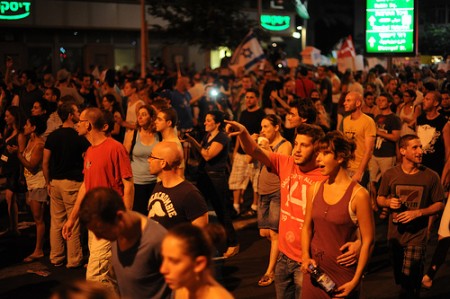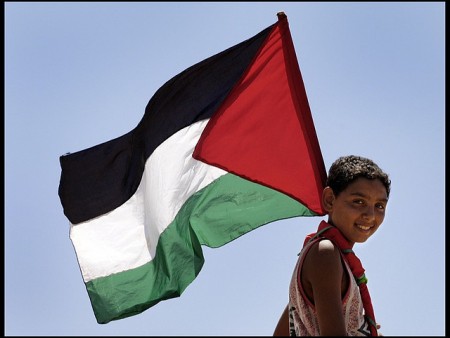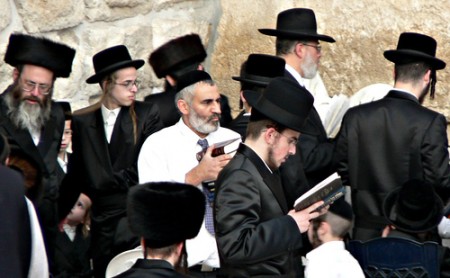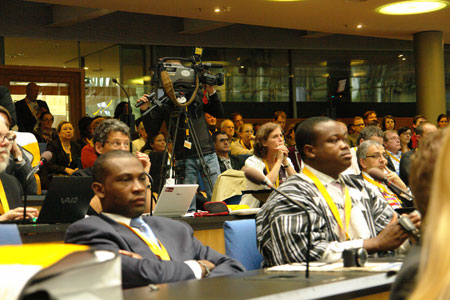
Voices critical of Israel’s role in the Middle East sometimes argue that its occupation of the West Bank, much of the Golan Heights and the Gaza Strip is imperialist in nature. Such criticism draws a parallel with 19th and 20th century European imperialism, casting the Palestinians as the indigenous inhabitants of the region and the Israelis as a hostile ‘foreign’ power. Another implication of this characterization, however, is that the occupation is economically motivated, or is best understood in economic terms. Today, to complement our discussion of ‘Economics, Politics and War’ last week, we examine some aspects of the political economy of the Palestinian-Israeli conflict. Specifically (and with the help of Miriam Qamar’s recent essay “Thoughts on the Dialectics of Revolution and Palestinian Nationalism”), we do so through a Marxist lens.




